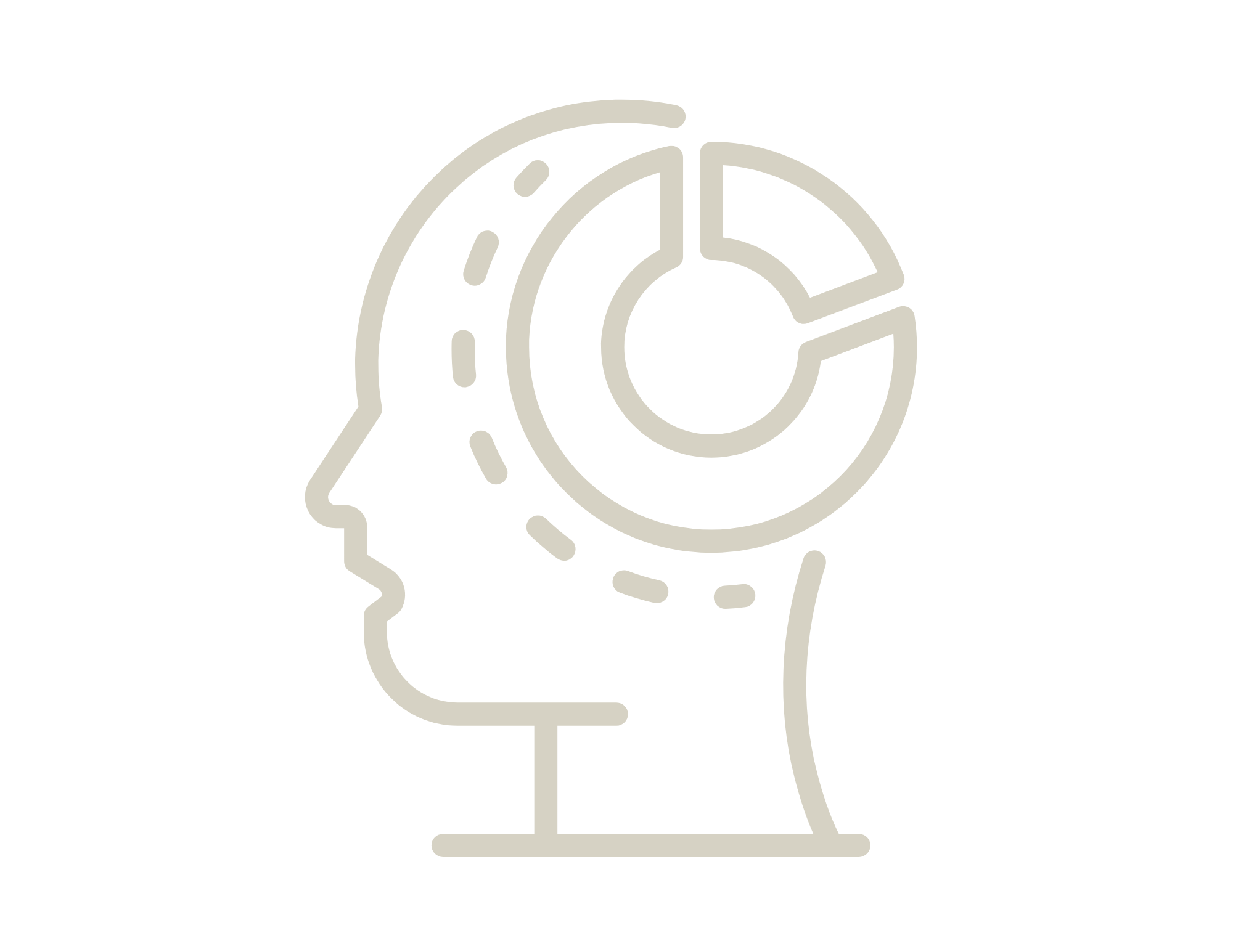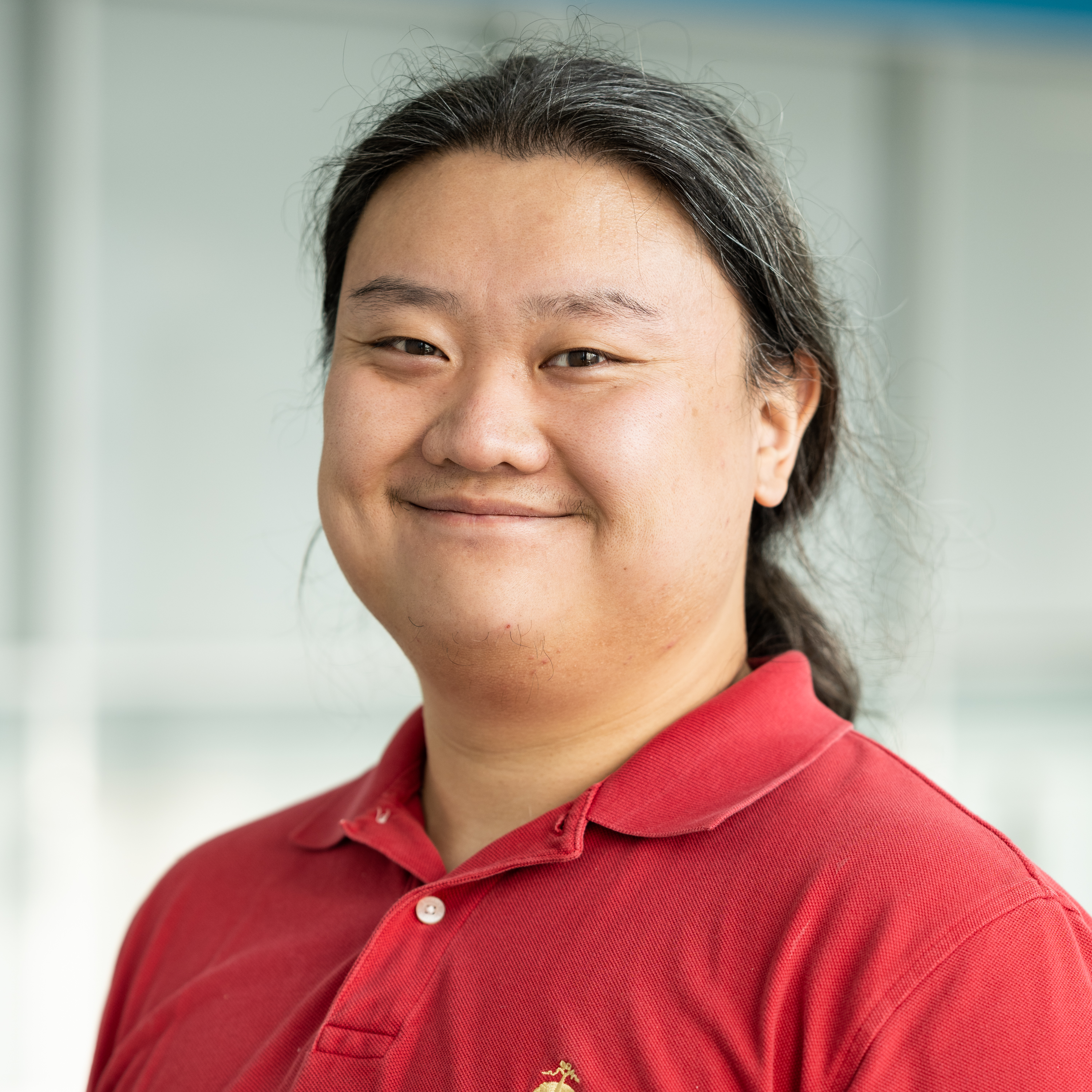
Our Research
The Computational Materials Stream is searching for better Li-ion battery cathode materials and hydrogen fuel cell catalysts, by finding how different materials influence diffusion mechanisms and binding energies. We are also investigating ways to learn material properties by inspecting the material’s electronic structures. Most importantly, we are developing artificial intelligence that can perform high-throughput material simulations and use the generated data and our understanding of fundamental science to design new materials intelligently and automagically.

Our Strategy
Students learn skills in teamwork, communication, scientific computing, such as programming with Python and Linux command lines (Bash), Fortran, modeling and statistical modeling, and critical thinking. These are highly transferable skills that are especially important in fields susceptible to automation.

Our Impact
For fuel cells, we want to find metal alloys or alloy nanoparticles that are efficient and compared to bulk Pt and cheap. For Li-ion batteries, we want to find cathode materials with improved power and energy density, and reduced dependency on Co. We hope to achieve this with our creation, an artificial intelligence known as the Automagician, by enabling Automagician to run simulations and analyze results, and design further simulations based on previous results.
Our Team

Wenrui Chai
- Assistant Professor of Practice
- Freshman Research Initiative
- College of Natural Sciences

Graeme Henkelman
- Professor
- George W. Watt Centennial Professor
- Chemistry
- Allen J. Bard Center for Electrochemistry
Resources
Course Credit
Research Outcomes
Coming Soon!
